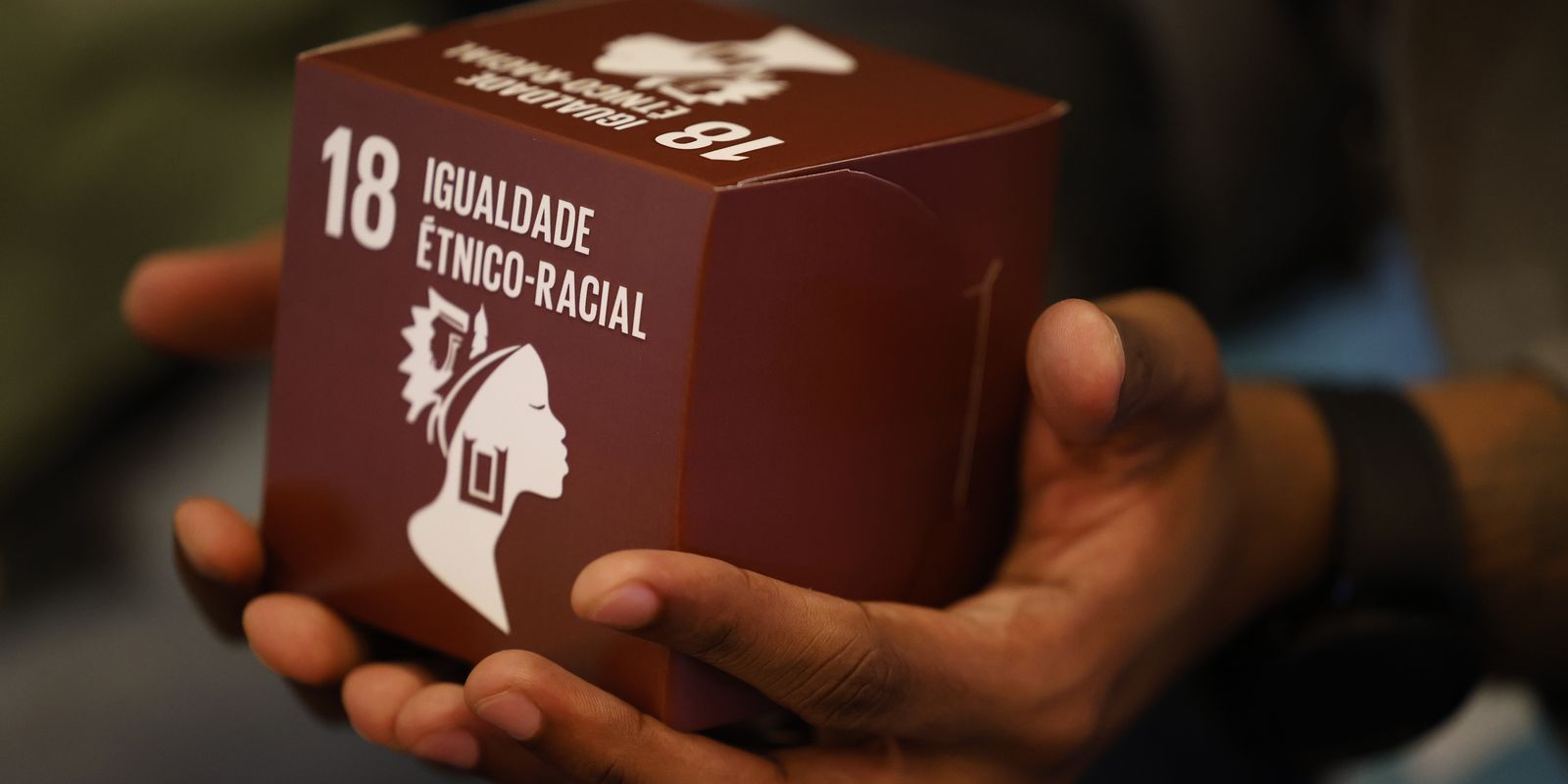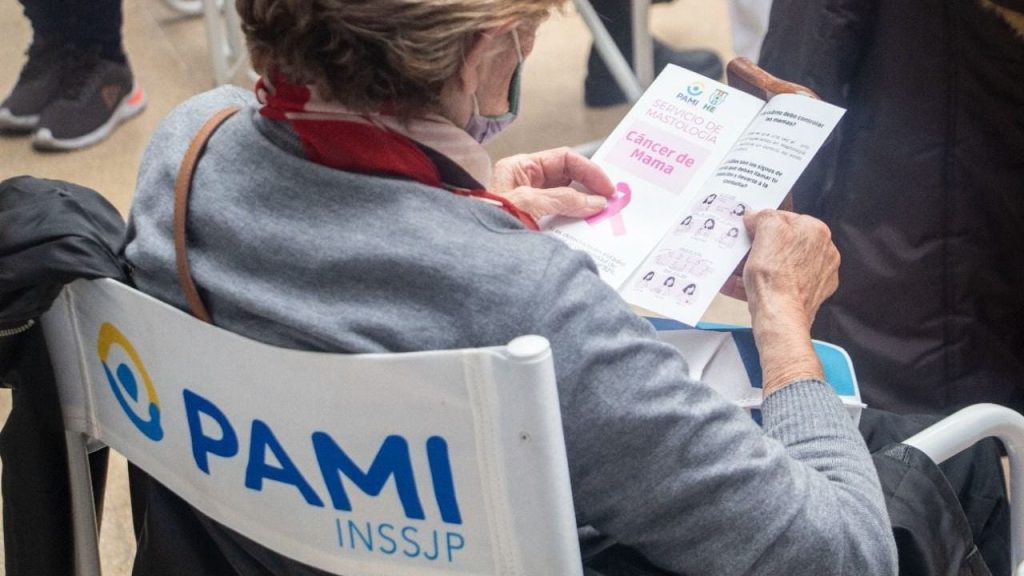The Institute for Applied Economic Research (Ipea) promoted this Tuesday (3) the meeting “Agenda 2030 and SDG 18: Building Racially Fair and Inclusive Futures”, with the participation of researchers, activists, journalists and representatives of the black movement. On the agenda, thinking about ways to promote and implement the new Sustainable Development Goal (SDG), on ethnic-racial equality, proposed by Brazil to the United Nations (UN).
SDG 18 We are losing because of this, because we are not reaching our population’s full potential. Facing these issues includes enforcing legislation and implementing programs that are already designed to combat racism”, said Luciana Mendes Santos Servo, president of Ipea, at the opening table.
Launched by the UN in 2015, the 2030 Agenda originally has 17 SDGs, which represent a joint development proposal taking into account not only economic aspects, but a greater quality of life for people, a more sustainable planet and a less unequal future. The official launch of SDG 18 “Ethnic-Racial Equality” was made during the G20 Social, in Rio de Janeiro.
Ipea intends to contribute to achieving the SDG through monitoring and evaluating actions against racism. At the event, the possibilities of Brazil losing a significant portion of its GDP – Gross Domestic Product – potential due to racism were discussed. And that strong and qualified government action will be necessary so that this problem does not continue in the country.
“If Brazil wants to advance in its development, it will be crucial to invest in the economic improvement of Afro-descendant populations, ensuring that they have access to the best job and entrepreneurship opportunities,” said Ester de Sena Carneiro, climate and environmental racism advisor at Geledés, Black Women’s Institute. “Internationally, SDG 18 places Brazil in a prominent position in global human rights and sustainable development forums. And, therefore, the country must be consistent with concrete actions at the national level. At this time of discussion about global governance, the country has the opportunity to align internal policies with global policies”.
For Joice Souza Soares, professor at the National School of Statistical Sciences (ENCE/IBGE), it is important to better measure the problem in order to face it. The more accurate information that expands knowledge about the country’s reality, the more citizenship can be exercised fairly.
“Knowing the characteristics of territories is fundamental for formulating public policies at different scales. Social movements and local actors can use the data as input to demand improvements for territories and their populations,” said Joice.
Tatiana Dias Silva, director of Assessment, Monitoring and Information Management of the National System for the Promotion of Racial Equality of the Ministry of Racial Equality (Senapir/MIR), highlighted the need to integrate specific actions for the black population and general improvement of social rights for confront racism.
“We have an obligation to implement specific and focused policies, which will ensure greater representation. But we cannot avoid discussing the economy, tax reform, education, health, housing, environment and climate change. Every public action has the potential to promote equality. But they can also reproduce inequalities”, said Tatiana. “Racial equality policies are all policies. Because we need to pay attention and dismantle this gear that has always placed us at the base of the pyramid and kept us away from rights and assets for so long.”















